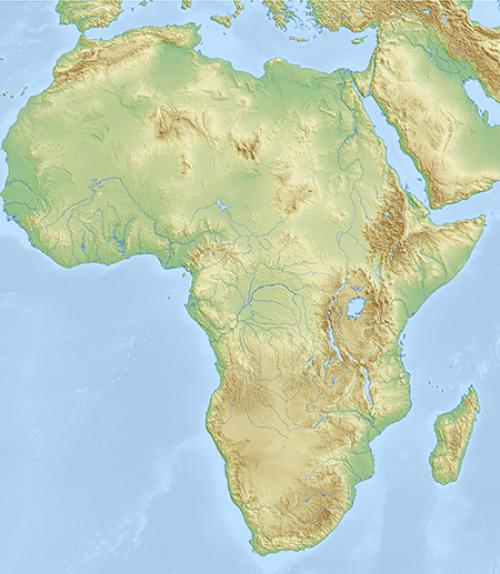The first literary festival featuring multiple African languages will take place virtually from Oct. 26 to Nov. 2 as part of Afrolit Sans Frontières, a series of virtual literary festivals for writers of African origin. The festival will take place simultaneously on the Afrolit Sans Frontiéres Facebook page, YouTube and on Twitter via the handle AfrolitSansFro1.
“This historic African language writing festival shows that African languages can and should be at the center of African writing, and that translation is the bridge that will allow African languages and cultures to be in conversation with one another,” said Mukoma Wa Ngugi, associate professor of English in the College of Arts and Sciences and co-curator of the festival.
“It is unfortunate that those who have chosen to write in African languages have too often been marginalized outside their linguistic borders, even though they are immensely accomplished as writers,” said Zukiswa Wanner, writer, publisher and founder of Afrolit Sans Frontières. “Through this edition of the festival, we amplify their voices and bring them closer to readers. Beyond this, I hope we can advance the conversation and act on translations to ensure the novels we have all found exciting in our mother tongues can reach the wider African community and the world.”
The featured languages are Kiswahili, Ewe, isiZulu, Lingala, Hausa, Amharic, Yoruba, and Shona.
As a highlight of the festival, a poem written in Gikuyu by Ngugi Wa Thiong’o in memory of African writer Chinua Achebe will be read in translation in these languages.
The festival format consists of two sessions a day with an artist moderated by a host who also fields questions from audience members.
Mabati Cornell Kiswahili Prize for African Literature winners Anna Samwel, Dotto Rangimoto and Mohammed Ghassani will be featured during the festival, said Wa Ngugi, co-founder of the prize, along with Lizzy Attree. The prize was established in 2014 to promote writing in African languages and encourage translation from, between and into African languages. The Prize is primarily supported by Mabati Rolling Mills of Kenya, part of the Safal Group.
Image by Mapswire.com/Creative Commons license 4.0




